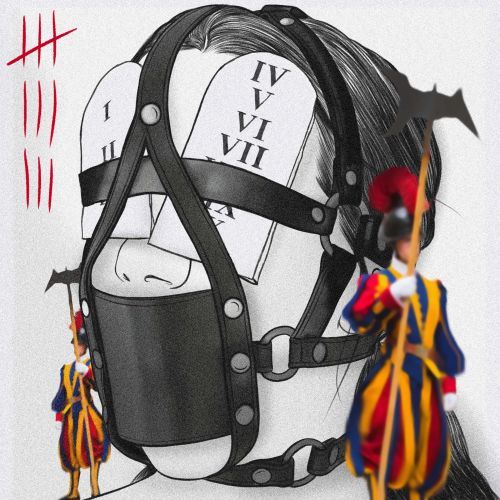Access to abortion and the issue of racial justice
After the decision of the US Supreme Court in June 2022 to restore the protection of life conceived by overturning the Roe v. Wade ruling, abortion was immediately banned mainly by states in the US, South and Midwest. It has the most significant number of women of colour who are several times more likely to undergo an abortion. It can result from several reasons: women of colour typically earn less than white women; they are more likely to live in states where access to contraception is difficult; they are also more prone to miscarriage. And you’ll hear about the reversal of the Roe v. Wade ruling on the Outriders podcast dedicated to the high-profile case.
According to the Guttmacher Institute, more than 60% of people seeking abortion in the US are people of colour, and about half live below the federal poverty line. Compared to women who have had abortions, those denied access to abortions reported higher stress and anxiety levels, lower self-esteem, and less satisfaction with life.
According to Michelle Colon, a Mississippi activist and abortion freedom fighter, access to abortion is always also a question of racial justice. Colon founded SHERo, an acronym for Sisters Helping Everything Rise and Organise. SHERo helps fight for equal access to abortion in Mississippi, with only one abortion clinic left in 2022. This clinic was at the centre of the lawsuit that overturned the Roe v. Wade ruling.























